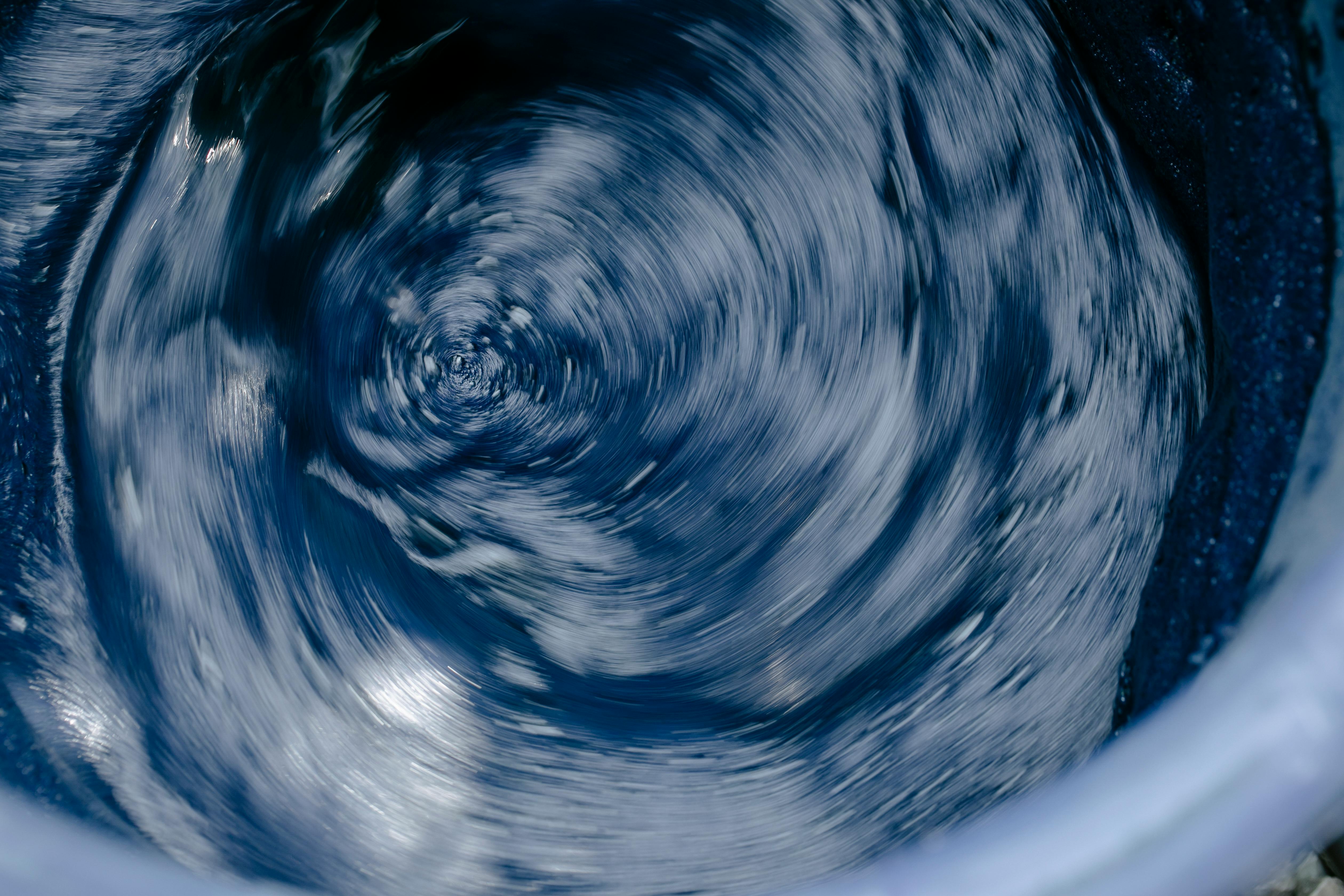A CPAP machine is a device used to treat sleep apnea, a disorder that affects breathing during sleep. Many CPAP users want to know if their device requires distilled water for optimal performance. The answer is yes, distilled water is important for the proper functioning of a CPAP machine. In this article we will discuss why distilled water is necessary and how to use it properly with your CPAP machine.A CPAP machine (Continuous Positive Airway Pressure) is a device used to treat sleep apnea. It works by blowing air at a prescribed pressure into the airway through a mask that is worn during sleep. The CPAP machine helps to keep the airway open, allowing for normal breathing during sleep and helping to reduce snoring and other symptoms associated with sleep apnea.
Do CPAP Machines Need Distilled Water?
Yes, CPAP machines need distilled water, as it is the purest form of water available and helps to ensure that the machine is working properly. Distilled water is free from impurities like minerals, bacteria and other contaminants that can build up in the machine over time and reduce its effectiveness. It also helps to prevent any buildup of mold or mildew that can cause health problems for users. Using distilled water in a CPAP machine is especially important for those who suffer from allergies or asthma, as it helps to reduce any possible irritants. Additionally, using distilled water can extend the life of the machine and help it run more efficiently.
Overall, distilled water is essential for proper maintenance of a CPAP machine. It will help keep the device clean and free from contaminants that could cause harm or lead to a decrease in its performance. By using distilled water regularly in your CPAP machine, you can ensure that it remains in good working order for many years to come.
The Benefits of Using Distilled Water in a CPAP Machine
Using distilled water in a CPAP machine is an important way to maintain optimal performance and ensure the longevity of your device. It is recommended to use distilled water because it does not contain minerals or other contaminants that can build up over time. Distilled water also helps to prevent bacterial growth and scale buildup in the machine, which can lead to respiratory illnesses and cause damage to the equipment. The use of distilled water ensures that your CPAP machine is running at optimal levels and is free from any harmful contaminants.
Another benefit of using distilled water in a CPAP machine is that it reduces noise levels while the device is running. Since there are no minerals or impurities present in the water, it is much less likely to create bubbles or foam during operation, which can lead to loud noises coming from the device. This makes for a more comfortable sleep experience overall, as you will not be disturbed by the sound of your CPAP machine running throughout the night.
Finally, using distilled water in a CPAP machine helps improve air quality in your home. Contaminants and minerals
How To Get Distilled Water For Your CPAP Machine
Distilled water is essential for keeping your CPAP machine clean and free from bacteria. It is important to use only distilled water with your CPAP machine to ensure that the air you breathe is free from contaminants. Fortunately, there are several ways to get distilled water for your CPAP machine. Here are a few of them:
1. Purchase distilled water from a local store – You can purchase distilled water from most grocery stores, drug stores, and other retailers. Look for bottles labeled “distilled” or “purified” on the packaging. It’s important to make sure that the water you buy is 100% pure and not just filtered or spring water.
2. Make your own distilled water at home – You can also make your own distilled water at home using an inexpensive distiller or an old-fashioned boiling method. Boiling will kill off any bacteria in the water, but it won’t remove all of the minerals and other contaminants that can be found in tap water.
3. Use a reverse o
Filling the Water Tank of a CPAP Machine
Filling the water tank of a CPAP machine is an important part of maintaining the device. To fill the tank, you will need to first acquire distilled water. This will ensure that any minerals or impurities in regular tap water do not accumulate and damage your CPAP machine. After obtaining distilled water, remove the tank from the CPAP machine and set it on a clean surface. Then, use a clean cup or jug to slowly fill the tank with distilled water up to its maximum fill line. Once you’ve filled it, securely place the cap back on top of the tank and re-attach it to your CPAP machine.
Emptying the Water Tank of a CPAP Machine
Emptying the water tank of a CPAP machine is just as important as filling it. To empty your tank, you will need to first turn off your CPAP machine and unplug it from any power source. Then, remove the water tank from your CPAP device and pour out any remaining liquid into a drain or sink. Finally, make sure that you

How To Care For Your CPAP Machine With Distilled Water
Using distilled water in your CPAP machine is an important part of caring for the device. Without proper maintenance, your CPAP machine may not work as effectively, and can even result in health risks. Here are some tips on how to care for your CPAP machine with distilled water.
First, make sure you use only distilled water when filling up the humidifier chamber. Tap or filtered water can contain minerals that can build up over time and damage your CPAP machine. It is best to buy a gallon of distilled water from a store rather than making it yourself.
Next, make sure you change out the distilled water in the humidifier chamber every day before using your CPAP machine. This will ensure that you are using clean, fresh water each night and will help to reduce the risk of bacteria or mold growth inside the chamber.
Finally, make sure you clean the humidifier chamber after every use with a mild soap and warm water solution. This will help to remove any buildup of bacteria or mold that may occur over time. Make sure to rinse off
The Dangers Of Not Using Distilled Water In Your CPAP Machine
Using distilled water in a CPAP machine is essential to ensure that the device continues to function properly. Without using this type of water, the user runs the risk of eventually damaging the machine. This can lead to costly repairs and replacements and can cause health issues if not addressed in a timely manner.
Distilled water is used in CPAP machines because it is free of any contaminants, minerals, and particles that may be present in tap water. These impurities can build up over time and eventually clog the device’s internal components, leading to reduced air flow and a decrease in performance. In some cases, these contaminants can even damage or corrode parts of the machine, leading to expensive repairs or replacement parts.
Not using distilled water also increases the risk of bacteria growth inside the device. Bacteria can cause respiratory infections or other adverse health effects when inhaled through the CPAP mask. Bacteria growth is more likely when tap water is used as it contains organic materials that can be broken down by bacteria for food and energy consumption.
Cleaning and Maintenance Tips for Your CPAP With Distilled Water
Cleaning and maintaining your CPAP machine is important for ensuring that you get the best possible sleep. Using distilled water for cleaning is the most recommended method, as it helps to reduce the risk of bacteria buildup and other issues. Here are some tips for cleaning and maintaining your CPAP with distilled water:
• Start by filling your humidifier chamber with distilled water. Make sure to use only clean, fresh distilled water, as this will help reduce the risk of bacteria buildup.
• After filling the chamber, turn on your CPAP machine and allow it to run for a few minutes. This will help remove any debris or bacteria that may have been left behind from the previous use.
• Once the machine has run for a few minutes, turn it off and drain out all of the used water. Make sure to discard this water in a safe place, as it may contain bacteria or other contaminants.
• To clean your mask and hose, use a mild detergent or soap diluted

Conclusion
CPAP machines do not need distilled water for their operation. However, distilled water is recommended to be used in the humidifier chamber of a CPAP machine to reduce the risk of scaling or mineral buildup in the humidifier chamber and tubing. Using distilled water may also help keep filter systems from becoming clogged, which can reduce the effectiveness of the CPAP machine. In general, it is safest to use only distilled water in a CPAP humidifier chamber for optimal functioning of the CPAP machine.
Overall, using distilled water in a CPAP machine is a good way to maintain proper functioning and extend its life. It also helps to prevent damage due to mineral buildup and clogged filters. Although it is not necessary, using distilled water in a CPAP machine can be beneficial and should be strongly considered by users looking to get the most out of their device.

